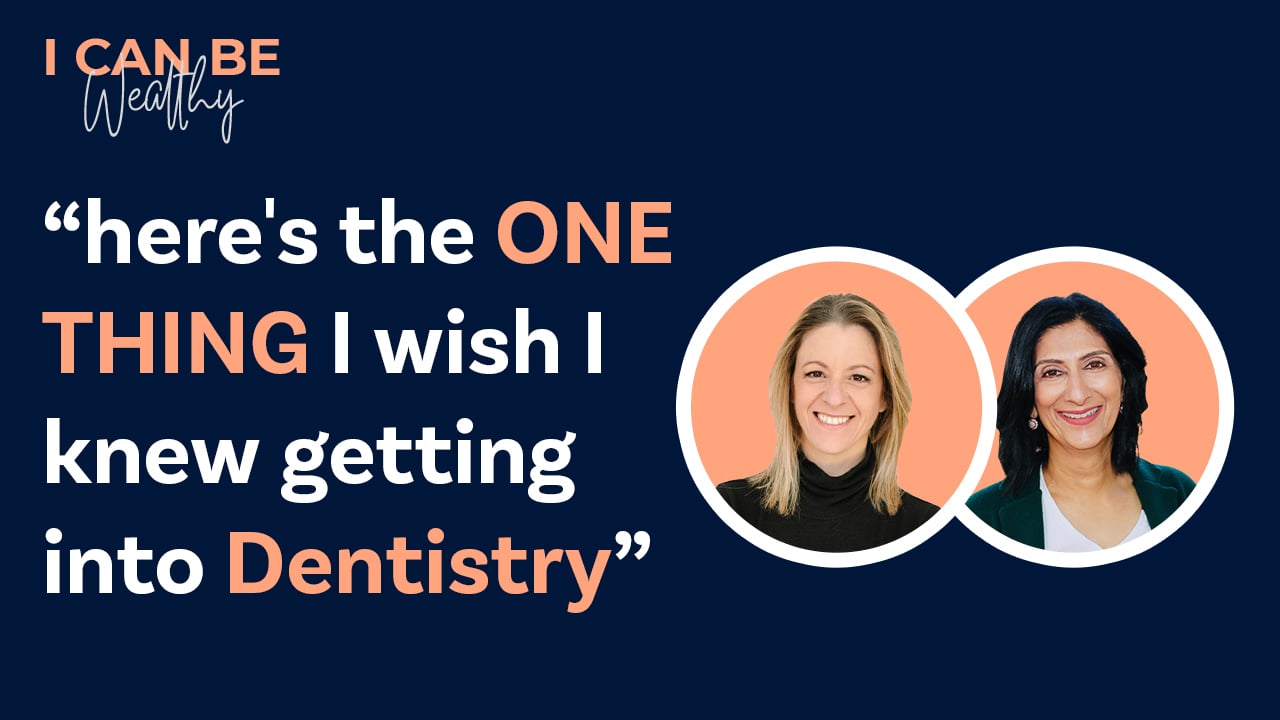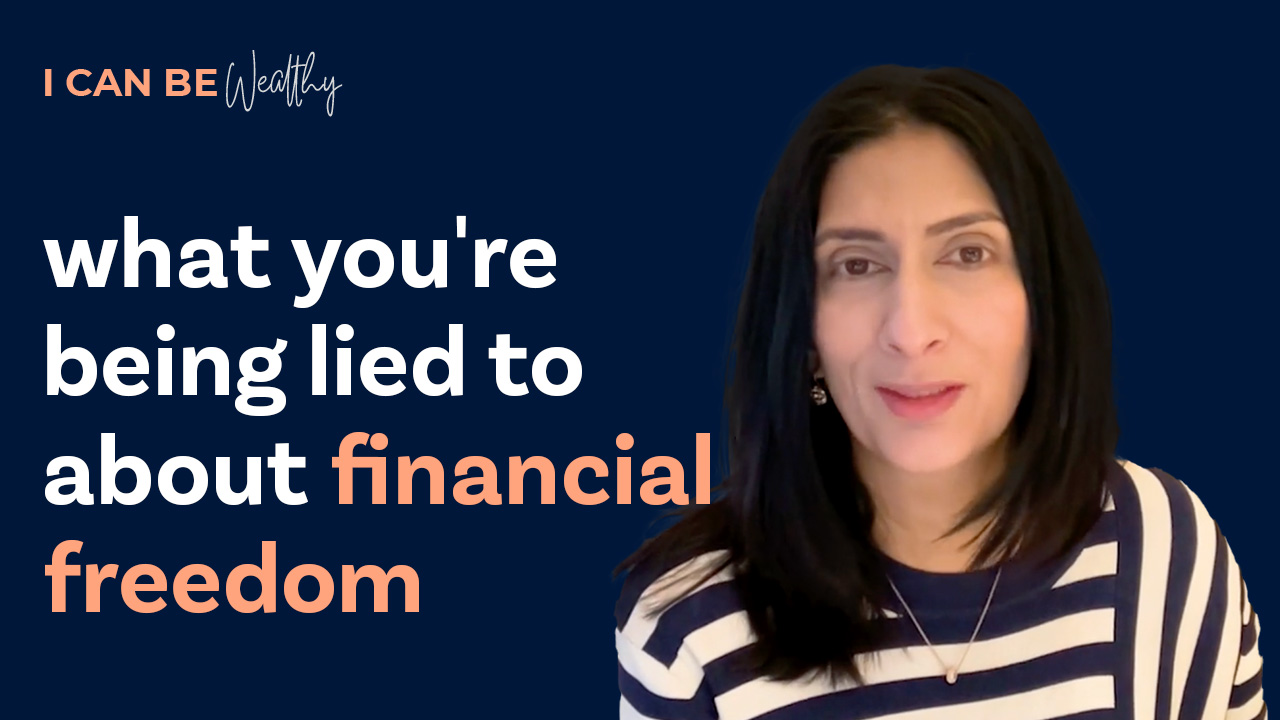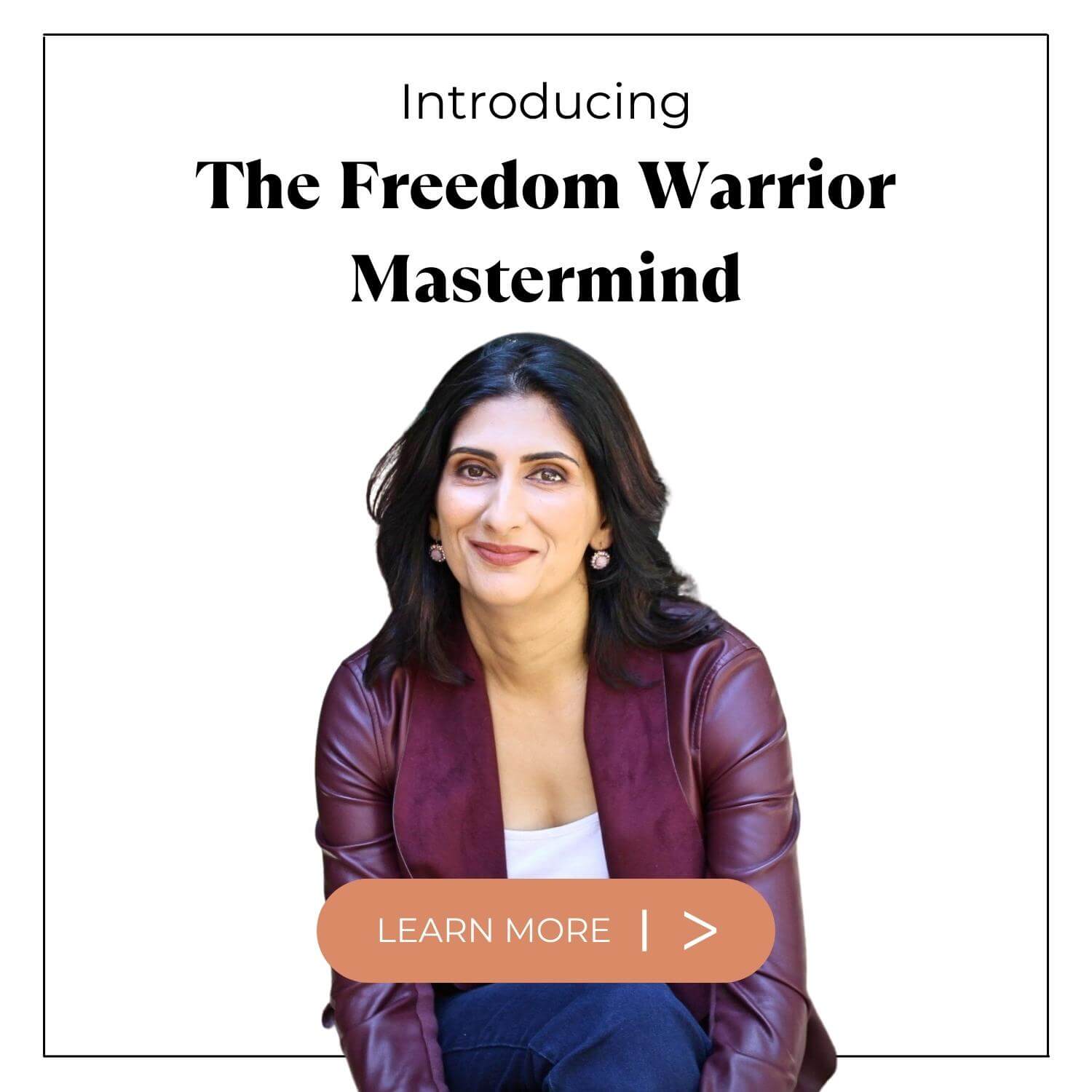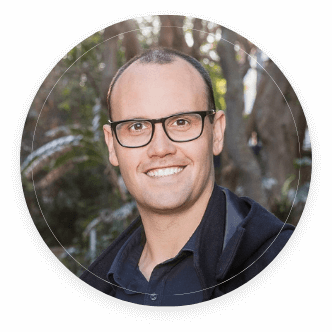Lesson Number One
First on the list is the importance of being patient and putting in the hard work.
As a young investor, I knew that building wealth takes time. But I felt behind compared to others, and I didn’t have enough money to make the investments I wanted.
So I aimed for a quick solution and searched for easy ways to get results faster.
Fortunately, my former business coach taught me about “duty reps, ” meaning that if you do the same thing repeatedly, you can build a strong foundation and master a skill or quality.
Considering this, if I could go back in time, one thing I would tell my younger self is to keep practising, get in the game, and do the work. In its early stages, investing is all about developing skills that will lead you to confident and profitable decisions in the future.
So if you want to avoid wasting a few years jumping around looking for tactics, you need to start focusing on building foundational skill sets.
Lesson Number Two
The next thing I would tell my younger self is to understand the difference between playing short-term versus long-term games.
When I first became a full-time investor, I had some real estate investments that were a little dull. So, as a young mom, I invested a lot of time and effort into learning about stock trading, options trading, futures trading, and currency trading because I thought this was a way to get rich quickly.
I later realised that if I had taken a long-term investment approach, I would have achieved my goals sooner.
Instead of being lured by new opportunities, I should have focused on what was already working. Eventually, I came full circle and saw that my real estate investments had grown rapidly without much effort or attention from me.
They produced better returns than anything else I had invested in at the time.
I learned that if I had focused on the long-term goals of investing instead of trying to make quick money, I would have seen better results earlier on. I also realised that being a trader and an investor is different, and I should have taken the time to understand that difference.
This would have helped me make decisions that would have led to better outcomes.
Lesson Number Three
The third important lesson I wish I had known when starting to invest is the advantage of having a great network.
When I went to New York last year, I took some clients and invited my trusted network of advisors. They shared their thoughts on the market and offered unique insights.
One of my advisors shared important information about evaluating an investment, including insights about easily manipulated metrics. This knowledge cannot be found in written research reports and is only available through personal experience and being actively involved in the industry.
I’ve been using this lesson for 10–12 years, but if I had known it earlier, my results would have been exponentially better.
To be a smart investor, you need both knowledge and wisdom. Education and learning are important, but learning from others’ experiences is also helpful.
By using other people’s lessons, you can avoid making mistakes, have access to unique opportunities, and have a competitive edge because you’re learning from uncommon wisdom not easily found in the market.
Lesson Number Four
The fourth important lesson I want to share with you is about the concept of downside protection, also known as risk management.
When people look at investment deals, they often only focus on the potential profit and ignore the risk involved.
They imagine the money they could make but don’t take the time to understand and measure the risk of losing it.
On top of that, they don’t also know what safety measures are in place to protect their investment.
I can say this because I’ve also been in deals before where I haven’t quantified or considered downside protection.
If I had applied this understanding of risk and downside protection to some of my early investments, I could have avoided losses and been better off.
Lesson Number Five
The fifth lesson is the importance of simplicity.
One of my husband’s favourite expressions is that success is about simplifying. As I’ve gotten older and wiser, I’ve realised that simple decision-making is important because it reduces the chance of mistakes and risks in investing.
In short, complexity just invites more problems.
When you’re thinking about investing, it’s crucial to make sure you understand what you’re investing in. If you don’t understand it, it might be best not to invest at all.
I’ve made mistakes in the past by investing in things I didn’t fully understand just because I trusted the information I was given.
But I could have avoided many problems and mistakes if I had only invested in simple, easy-to-understand things with clear risks and numbers.
Lesson Number Six
Lesson number six that I want to share is the concept of continuous learning.
Feeling confident and thinking you have everything figured out when you’re wealthy is easy. But I’ve learned from people who are even richer than me that it’s important to have humility and keep learning, even if you think you know everything.
Inside my community, many people are asking my trusted advisors why they keep investing despite being financially independent already.
The answer is that they believe in always learning and improving their skills as investors, and they always feel like they need to learn more.
If you embrace this idea of always learning and never becoming too comfortable with what you know, it will help you build lasting wealth.
For example, on my last trip to the US, I met an investor who was also a participant in a conference I was at. People at that event even mentioned that he was worth $100 million, and we ended up sitting next to each other.
When asked why he was there, he said there’s always something to learn.
Even though he hears similar information, sometimes someone will explain something in a new way, which can lead to him making more money.
What we can learn from him is to keep learning and to stay humble as investors.
When I was younger, I thought attending seminars, programs, or reading books was enough to be a successful investor. But now I know you can never know everything, and it’s necessary to keep learning and expanding your knowledge.
If I had realised this earlier, I might be much further ahead in my investing journey.
Lesson Number Seven
Lesson number seven that I want to share is adaptability.
Being able to adjust your investments as the market changes is a key trait of successful investors.For example, the market is unpredictable right now, and there may be times when it becomes very unstable. In these situations, you may need to change your investment decisions.
This could mean adjusting how quickly you make decisions or taking more time to think things through.
In my own case, I might tighten my investing rules. But I won’t completely change my plan or continue to follow the same pattern as in a stable market.
I also wish I had established what I call non-negotiable investing rules. Having these rules means you don’t have to ignore what’s happening in the market during volatile times. You just have to stick to your rules.
Inside our community, we’re focusing on having non-negotiable investing rules that we always follow, regardless of market conditions.
Every day there is a good chance for an opportunity, so people should realise that saying no to opportunities can be as difficult as saying yes to them.
When investing, the biggest challenge is finding good investments and knowing which ones to avoid. This is where your rules help you make smart decisions about your wealth-building journey.
Lesson Number Eight
The eighth lesson I wish I had known about when I started investing is to be prepared to be a maverick.
Now, what is a maverick? A maverick is an unorthodox or independent-minded person. In some ways, I tend to be sceptical because when others see good things, I often see things differently.
For example, during the early years of COVID, when the property and stock markets were doing well, I felt a level of scepticism around that. I saw people paying too much for assets, especially property, and they were proud of their big profits. But I felt they didn’t see things clearly.
If there’s one thing I learned, it’s that it’s hard to make big and sustainable returns if you do what everyone else does.
There’s nothing wrong with traditional investments, and if you made a lot of money, congratulations.
But if you want to keep making big profits, you need to think differently and be open to new ideas. If you don’t look for unique ways to grow your wealth, you’ll only get mediocre returns. And the problem with getting mediocre returns is that you have to keep working harder for longer to reach your financial goals.
If you want to retire early, you must be a maverick and have a unique approach.
Lesson Number Nine
The ninth lesson I wish I’d known when I first started investing is this concept of emotional resilience and willingness to admit mistakes.
Many investors, including myself when I first started, get upset when they make mistakes, especially when it involves money. Losses can have a strong emotional impact on us, and in the beginning, I experienced both small and big losses.
But what held me back was the significance I gave to those losses.
Later on, I understood that investing is like playing a game of snakes and ladders.
Many people, including those I coach, see losses as personal failure, but in reality, losses are just a part of the game.
As an experienced investor, I now know it’s not about the number of wins or losses. What’s important is that the wins are bigger than the losses.
Even the best investors in the world make mistakes; anyone who says they never make mistakes is not telling the truth.
What sets successful investors apart is their emotional resilience and ability to learn from their mistakes. They don’t give up on their strategy or learning experience just because of a loss. Instead, they analyse their mistakes and move forward.
Successful investors sometimes even suggest not spending too much time analysing losses.
The important thing is to have the emotional strength to keep going and not get discouraged.
I personally experienced a big loss that affected my family, and it took me some time to recover. Now, I feel better prepared to handle losses in the future.
Lesson Number Ten
The final lesson I want to share today is about maintaining control and making your own decisions.
When I was younger, I often looked to other people for advice on what to do with my money. But relying too heavily on someone else’s opinions often leads to poor results or losses.
I also recognised that you can only be an expert in some aspects of money and wealth, so choose the areas you want to focus on.
When investing, only put your money into things you understand. Yes, you can get help from experts, but the final decision about your money should always be yours.
If I had followed this rule earlier, I would have made more money and made fewer mistakes.
Some advisors may have good intentions in the wealth space, but many haven’t actually made wealth using the strategies they suggest. That’s why choosing someone with a proven track record of success is important.
This is now my top priority when considering someone to be a part of my team of advisors.
Recap of the Lessons
So to recap, here are the ten things I wish I had known when I started investing:
- Be patient and put in the hard work to develop foundational skills.
- Understand the difference between short-term and long-term investment approaches.
- Building a strong network of advisors can bring valuable knowledge and experience.
- Consider downside protection or risk management in investments.
- Keep things simple and only invest in what you understand.
- Continuously educate yourself, and never stop learning.
- Embrace adaptability as the market changes.
- Prepare to become a maverick or an independent-minded person.
- Being emotionally resilient and willing to admit mistakes.
- Maintaining control and making your own decisions.
